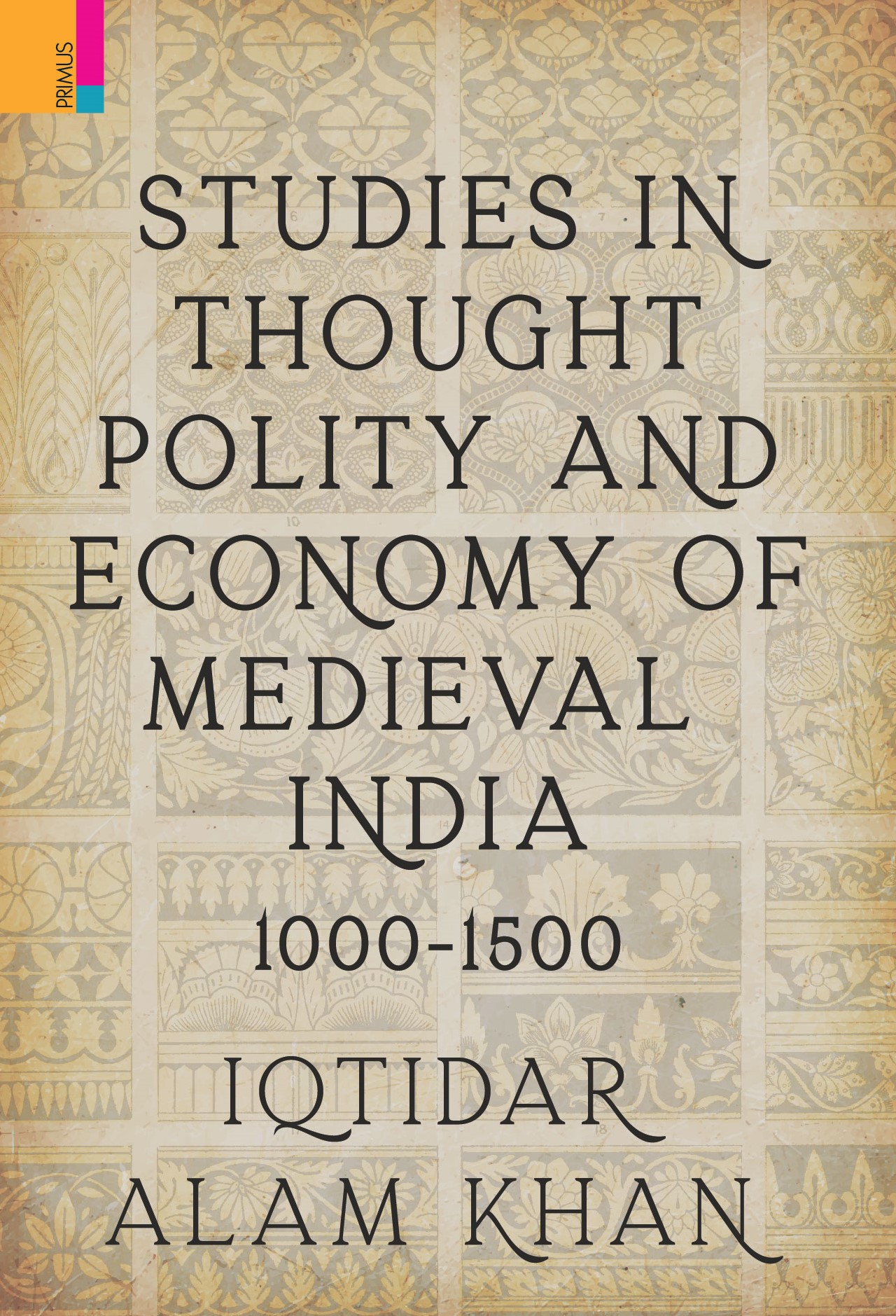
Studies in Thought, Polity and Economy of Medieval India 1000-1500
AUTHOR- Iqtidar Alam Khan
| HB ₹1050. $46.95 . ₤38.95 |
||
INFORMATION
- AUTHOR : Iqtidar Alam Khan
- HB ISBN : 978-93-90430-60-4
- POD ISBN : 978-93-90430-61-1
- Year : 2021
- Extent : 192
- Discount available on checkout
- Usually dispatched within 3 to 5 working days.
This book attempts to comprehend the history of the Delhi Sultanate with reference to its Islamic identity.
The Turkish chiefs, despite having a military advantage due to their expertise in horsemanship, could only
consolidate their rule through adjustment and sharing of power with local kshatriya rulers, and, therefore,
tended to incorporate an increasing number of Hindu chiefs in the ruling establishment. This process was
sought to be made durable by conceding to the chiefs many of the pecuniary gains and social clout they had
enjoyed before the conquests.
According to Barani, the ulema endorsed the view that in the given situation, provisions of fiqah evolved
in Arabia were not practicable in the Delhi Sultanate. By the same logic, settlements conceding to the village
chiefs’ important roles in the fiscal administration of rural tracts were justified. Additionally, the Islamic
characteristics of the State system in the Delhi Sultanate were profoundly impacted by Sassanid and Turkish
traditions of statecraft. With the passage of time many notions of Hindu caste culture also became influential
in the mental makeup of the ruling elites of the Delhi Sultanate.
The Author
Iqtidar Alam Khan, who retired as a Professor from Aligarh Muslim University in 1994, has done extensive research in different aspects of medieval Indian history, particularly the reign of Emperor Akbar and the history of the use of gunpowder and firearms, and he has published A Historical Dictionary of Medieval India.




